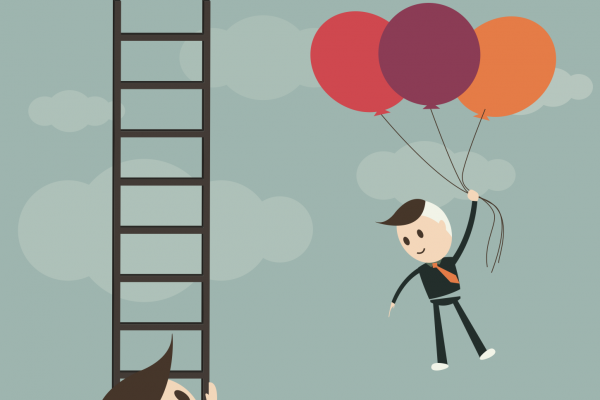Aug 7, 2015
There are two sides to privilege. One involves getting special treatment — that part’s pretty obvious. The other part involves avoiding the many obstacles that others face in order to have the same chance as us.
To use an analogy: If you get to start the race way ahead of the other runners, then you are privileged. But by the same measure, if you start at the same place but others have hurdles in their lane while yours is clear, then you are privileged as well.
Read the Full Article

Already a subscriber? Login
